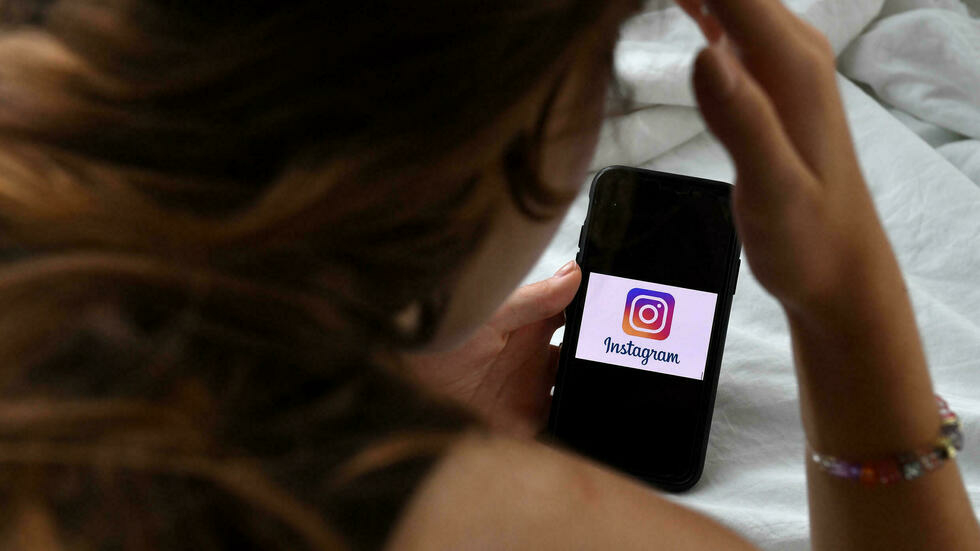Instagram on Tuesday defended itself against a report that the social network harms the mental health of young girls, saying its plans to play down posts promoting myths about beautiful bodies.
Instagram head of public policy Karina Newton pushed back against a Wall Street Journal report that cited Facebook research as showing its photo-centric Instagram service takes a toll on teenagers, especially girls.
“The research on the effects of social media on people’s well-being is mixed, and our own research mirrors external research,” Newton said in the post.
“What seems to matter most is how people use social media, and their state of mind when they use it.”
She cited a Harvard study noting a “see-saw” of positive and negative experiences US teenagers have on social media.
A teenager may enjoy connecting with friends on the social network one day, then clash with the same person another day.
The Journal reported that Instagram has played down harm done to millions of young people who connect daily, particularly when it comes to feeling shame about their bodies after seeing what is branded beauty in imagery there.
“Issues like negative social comparison and anxiety exist in the world, so they’re going to exist on social media too,” Newton said.
The internal research pointed out that teenagers accused Instagram of increasing anxiety and depression, according to the Journal.
Instagram has worked to address problems of bullying, suicide, self-injury and eating disorders exposed at the platform, Newton said.
Instagram is now exploring ways to understand what kinds of posts make viewers feel bad in comparison and then “nudge” people to content more likely to make them feel good, according to Newton.
“We’re increasingly focused on addressing negative social comparison and negative body image,” Newton said.
“We’re cautiously optimistic that these nudges will help point people towards content that inspires and uplifts them, and to a larger extent, will shift the part of Instagram’s culture that focuses on how people look.”
Instagram is making a version of the social network for children 13 years old or younger, a move opposed by child safety advocates.
‘








